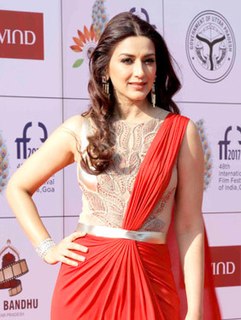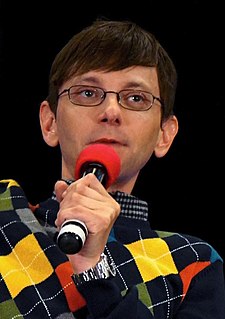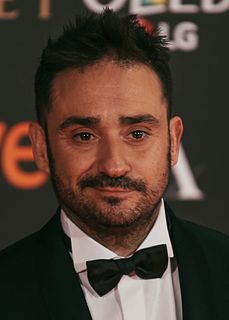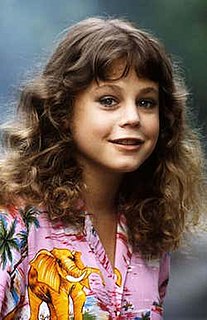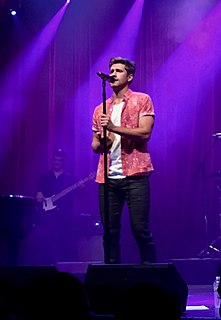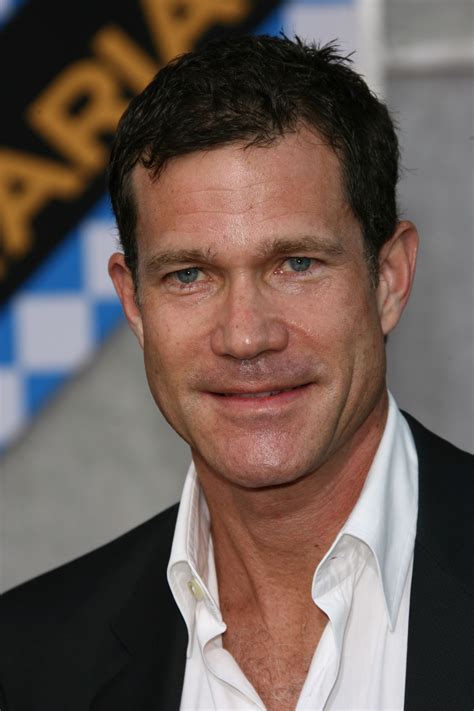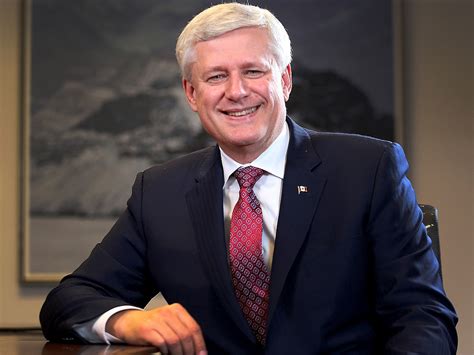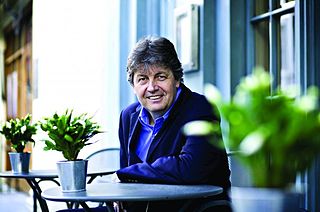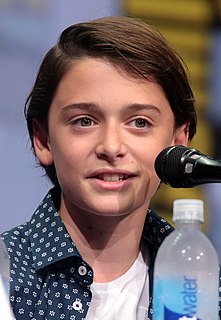A Quote by Marshall McLuhan
TV acting is so extremely intimate, because of the peculiar involvement of the viewer with the completion or "closing" of the TV image, that the actor must achieve a great degree of spontaneous casualness that would be irrelevant in movie and lost on the stage. For the audience participates in the inner life of the TV actor as fully as in the outer life of the movie star. Technically, TV tends to be a close-up medium. The close-up that in the movie is used for shock is, on TV, a quite casual thing.
Quote Topics
Achieve
Acting
Actor
Audience
Because
Casual
Close
Close-Up
Closing
Completion
Degree
Extremely
Fully
Great
Image
Inner
Inner Life
Intimate
Involvement
Irrelevant
Life
Lost
Medium
Movie
Movie Star
Must
Outer
Peculiar
Quite
Shock
Spontaneous
Stage
Star
Technically
Tends
Thing
TV
Up
Used
Viewer
Would
Would Be
Related Quotes
Films for TV have to be much closer to the book, mainly because the objective with a TV movie that translates literature is to get the audience, after seeing this version, to pick up the book and read it themselves. My attitude is that TV can never really be any form of art, because it serves audience expectations.
TV shows are great right now in America. I find myself - and I hate to admit it - but we watch more TV than we go to the movies. As a creative person, you want to be creative, you know? You don't want to constantly wait around - a lot of movies fall apart, or there's just not as much out there as there used to be. Or there are more actors. I don't know. But movie stars are doing TV. And when they're asked about it, they say they love it. Dustin Hoffman, Glenn Close. So it can't be that bad.
Maybe if I'd gone in younger, I wouldn't have had that feeling, but I've seen an enormous amount of changes since the early-'70s in how this stuff is shot. I did the first TV movie ever shot in 18 days; before this film the normal length of shooting a TV movie was between 21 and 26 days. We shot a full-up, two-hour TV movie in 18 days with Donald Sutherland playing the lead, who had never worked on television before.
Stuff that happens to you in your life when you're shooting a TV show, you have to be careful, because it might end up in the show. And that's what I think is the neat thing about TV: how alive it is, and how the writers respond to the stimulus that they're getting from the actual actors. Whereas a movie is more hermetically sealed.
I've always loved theatre because it's so immediate. The challenge of it is that, career wise, it's easier to get traction in the industry if you do film and TV because the audience is larger, and because the work can be seen for a longer period of time. I did solid work in a series of regional and Off-Broadway shows, but the work I did on TV or film will have a longer life with a larger audience (and with services like Netflix). Ultimately, there's something intimate about TV, because the storytelling and the actors come home with the viewer. It can be powerful because of that.

